


| Website: | Topics: |
|---|---|
MERLOT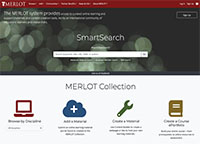 |
| Website: | Topics: |
|---|---|
Open Text BC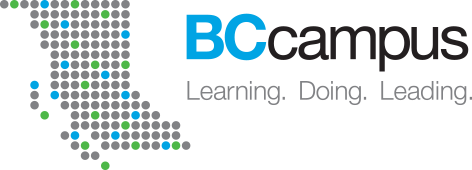 |
The BCcampus Open Education Virtual Lab and Science Resource Directory for Engineering lists free engineering resources designed to support remote engineering education. |
| Website: | Topics: |
|---|---|
Engineering Expert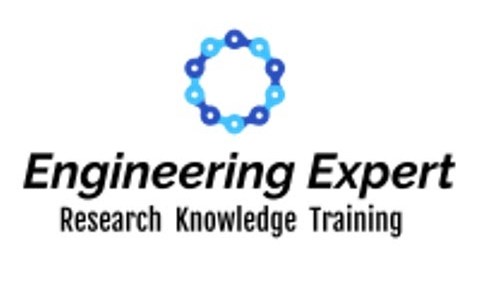 |
At Engineering Expert you will find a plethora of Open Education Resources (OER) you can learn and develop, as well as share with your students, children and friends. It provides links to free books, virtual lab tools, STEM resources, Open source software, skill development, on-line courses and has a community health section. |
| Website: | Topics: |
|---|---|
NSDL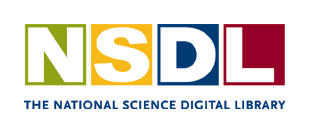 |
The National Science Digital Library - provides high quality online educational resources for teaching and learning, with current emphasis on the sciences, technology, engineering, and mathematics (STEM) disciplines–both formal and informal, institutional and individual, in local, state, national, and international educational settings. The NSDL collection contains structured descriptive information (metadata) about web-based educational resources held on other sites by their providers. These providers have contribute this metadata to NSDL for organized search and open access to educational resources via this website and its services. |
![]() NI hardware delivers modular and easy-to-use solutions for a wide variety of applications ranging from simple data logging to high-performance automated test, industrial control, and advanced embedded control and monitoring.
NI hardware delivers modular and easy-to-use solutions for a wide variety of applications ranging from simple data logging to high-performance automated test, industrial control, and advanced embedded control and monitoring.
NI myDAQ is used for a variety of application areas to improve student learning in engineering education. Below you can find resources to learn how NI myDAQ is used in each of the following application areas:.
| Online Activity Labs: | Topics: |
|---|---|
Circuits and Electronics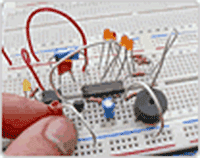 |
Build and experiment with circuits on NI myDAQ to reinforce fundamental concepts and theory. With NI Multisim circuit design software integration, students can build a circuit like a bandpass filter in simulation, and then evaluate the relationships between ideal components and physical components in experimentation. Educators can use this platform to teach concepts such as the following:
Understand active RC filters with NI myDAQ, NI ELVIS, and Multisim Teach superposition with NI myDAQ, Multisim, and NI LabVIEW |
Mechanical Measurements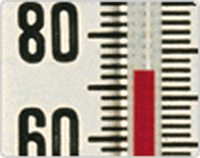 |
Students can move from paper-and-pencil problems to hardware prototyping on NI myDAQ in a measurement theory course, interfacing with real-world signals to perform tasks to measure and control by connecting to sensors and actuators. A hands-on approach gives students practical experience in topics including the following:
Analyze measurements on a system of multiple temperature sensors Understand accelerometer principles by creating a small-scale earthquake |
Signals and Systems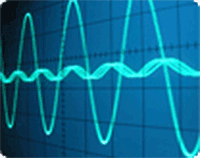 |
The professional-grade data acquisition capabilities of NI myDAQ make it possible to perform live signal processing experiments on topics ranging from sampling and time domain analysis to frequency domain concepts and manipulation, as well as the following:
Teach frequency domain with NI myDAQ and LabVIEW See additional NI myDAQ signal-processing curriculum resources |
Other Applications |
Introduce flight dynamics with a miniature helicopter system See the at-home projects created by students using NI myDAQ |
LabVIEW is a graphical programming platform that helps engineers scale from design to test and from small to large systems. It offers unprecedented integration with existing legacy software, IP, and hardware while capitalizing on the latest computing technologies. LabVIEW provides tools to solve today's problems–and the capacity for future innovation–faster and more effectively.
| Online Activity Labs: | Topics: |
|---|---|
Measurements and Instrumentation
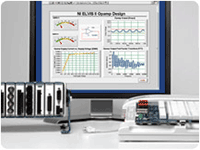 |
LabVIEW is used to help students learn methods and procedures important for experimental investigation of mechanical engineering phenomena and systems. Sensors, measurements, and instrumentation are the cornerstones of hands-on learning in engineering. National Instruments provides a variety of platforms that help educators teach students sensors, measurement, and instrumentation concepts. These affordable platforms help students acquire and analyze data from the real world and present data to visualize theory. Details and get access to Measurements and Instrumentation. Link to classroom resources and courseware. Product solution for measurements and instrumentation. |
Circuits and Electronics Education
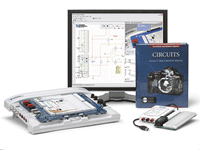 |
The NI circuits teaching solution is the complete platform of software, hardware, and courseware for educators to build student expertise through practical application in design, prototyping, and testing of electrical circuits. With these affordable and enduring tools, educators can create engaged students who are prepared with relevant experience in their engineering field. Details and get access to Circuits and Electronics Education. Classroom resources and courseware. Product Solutions for Circuit Education. |
Teaching Controls and Mechatronics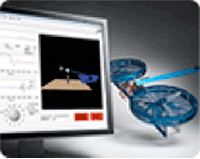 |
The NI education platform for controls is the only teaching solution that equips students to go from design to prototype in one semester. Students design on industry-standard modular NI CompactRIO hardware built to inherently leverage the power of NI LabVIEW system design software. Details and get access to Teaching Controls and Mechatronics. Browse courseware for teaching controls concepts with the NI education platform. View the experiment on: Two Wheeled Balancing Transport Platform. |
Signal and Image Processing 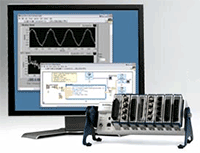 |
National Instruments offers a flexible platform that is ideal for signal processing teaching and research: Explore signal processing in NI LabVIEW software using both graphical and .m file script-compatible textual tools backed by a comprehensive function library. Design filters interactively using the LabVIEW Digital Filter Design Toolkit . Prototype your designs targeting digital signal processors (DSPs), field-programmable gate arrays (FPGAs), and embedded processors. Details and get access to Signal and Image Processing. Labview for Signal Processing. View Webcast Signal Filter Design with Labview Tutorial. |
![]() edX is a massive open online course (MOOC) platform founded by the Massachusetts Institute of Technology and Harvard University to host online university-level courses. edX has a prototype course in Circuits and Electronics and other Engineering virtual lab topics. Where applicable, online laboratories are incorporated into the course. For example, in edX's first MOOC � a circuits and electronics course -students built virtual circuits in an online lab. edX platform uses online learning software that uses interactive experiences. As innovators and experimenters, the edX platform is available as open source under the Creative Commons. By conducting and publishing significant research on how students learn, edX empowers and inspires educators around the world and promotes success in learning.
edX is a massive open online course (MOOC) platform founded by the Massachusetts Institute of Technology and Harvard University to host online university-level courses. edX has a prototype course in Circuits and Electronics and other Engineering virtual lab topics. Where applicable, online laboratories are incorporated into the course. For example, in edX's first MOOC � a circuits and electronics course -students built virtual circuits in an online lab. edX platform uses online learning software that uses interactive experiences. As innovators and experimenters, the edX platform is available as open source under the Creative Commons. By conducting and publishing significant research on how students learn, edX empowers and inspires educators around the world and promotes success in learning.
For further information explore edX platform for your Virtual labs
 Virtual Labs - An Initiative of the Government of India Ministry of Human Resource Development (MHRD) under the National Mission on Education through Information and Communicaton Technology (NME-ICT) Project.
Virtual Labs - An Initiative of the Government of India Ministry of Human Resource Development (MHRD) under the National Mission on Education through Information and Communicaton Technology (NME-ICT) Project.
The Virtual Labs in this project are divided into two categories: simulation based labs and remote triggered labs. Many of the simulation based labs do not require registration. You can directly perform the experiment without registering yourself. On the other hand, some of the simulation virtual labs require registration for which the user can go to the respective website and do a one-time registration. The site also contains Remote Triggered Labs in which you have to book a slot in order to access them. Once registered, a user can login using the same credentials every time. This registration has to be done by the user separately for each of the remote triggered virtual labs.
Explore some of the VIRTUAL LABS ready for use.
Are you using free Virtual Lab materials you found on the web in your teaching or your learning? Have you posted free Virtual Labs online that are open for others to use? We invite you to catalog these Virtual Labs you use or authored in MERLOT. Your colleagues and students around the world will thank you!
First: Become a member of MERLOT (It will take about 2 minutes and it’s FREE).
Second: Log in to MERLOT and click to Add a Material. (It will take about 4 minutes the first time and step-by-step instructions for contributing materials to MERLOT are available).